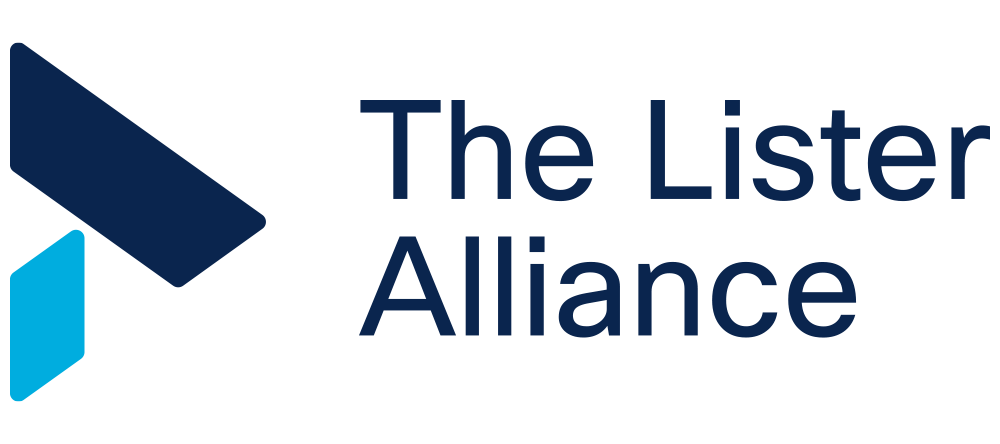Enhancing medication management: How Meraki cameras transform pharmacy operations at Mid-Cheshire Hospitals NHS Foundation Trust
The department of pharmacy of Mid-Cheshire Hospitals NHS Foundation Trust started its journey with Meraki cameras by implementing a pilot trial to simplify the job of dispensing medicines to patients while staff were not on the premises. They are now considering expanding the use of this technology for other services.
Delivering the right medicine at the right time in a hospital setting is crucial for several reasons, impacting patient outcomes, hospital efficiency, and overall healthcare costs.
When we talk about patient outcomes, we know that medication errors can lead to serious adverse effects, including harm to patients. Studies have shown that medication errors are among the most common types of medical errors. A 2018 report from the World Health Organisation (WHO) estimates that medication errors cost approximately $42 billion globally each year.
In term of hospital efficiency, having proper medication management helps in optimising the use of hospital resources, including staff, medication inventory, and equipment. This leads to cost savings and better allocation of resources where they are needed the most.
Finally, efficient medication delivery systems reduce the time healthcare providers spend on manual processes, allowing them to focus more on patient care. Automated systems like electronic medication administration records (eMAR) and automated dispensing cabinets (ADCs) can significantly reduce the time nurses and pharmacists spend on medication-related tasks.
Effective medication management can lead to quicker patient recovery, thereby reducing the length of hospital stays. This not only benefits the patient but also frees up hospital beds for other patients in need.
At Leighton Hospital in Crewe the pharmacy team worked on a project that aims to address some of the important statements above.
In particular, the pharmacy team works on-call and must dispense medicine after hours. To streamline this process, they have invested in a robotic dispensing machine that feeds a conveyor belt, ending at a collection point accessed via a key code. However, the pharmacy team currently has no way to verify if the correct medicine and strength is delivered to the output point, or if it has been successfully reached the output point and been collected, requiring them to come into work whenever called—a frequent occurrence. Given their shift patterns, this often results in them being called in out of hours with the requirement still to work their planned shift the next day.
Having remote visibility of the conveyor belt and the collection point from home would be invaluable. It would allow staff to monitor any issues and confirm whether medicine has been dispensed or collected, eliminating the need for unnecessary trips to the hospital when on call. This would not only improve communication but also reduce the time it takes to dispense medicine to patients in need.
To address this, IT needs to ensure that any solution meets strict security requirements. By using Meraki cameras, they were able to achieve this, providing the necessary remote visibility while maintaining network security. Meraki cameras, part of Cisco's Meraki portfolio, are intelligent, cloud-managed security cameras designed to provide advanced security and monitoring solutions. Their cloud-managed architecture, combined with advanced analytics and ease of deployment, makes them a preferred choice for businesses looking to enhance their security posture.
The project began as a free trial of the Meraki cameras, which allowed the Pharmacy team to witness first-hand the significant impact this system could have on their small but essential organisation. The difference this system made was immediately evident to them. As with all new and innovative solutions, one of the main challenges was gaining the trust of the employees, who were concerned about privacy issues. However, it was demonstrated that the cameras only captured the necessary aspects related to the dispensing process, not the staff.
Thanks to the proven benefits of this solution, the Pharmacy team is now considering expanding the use of this technology to other departments and services.

